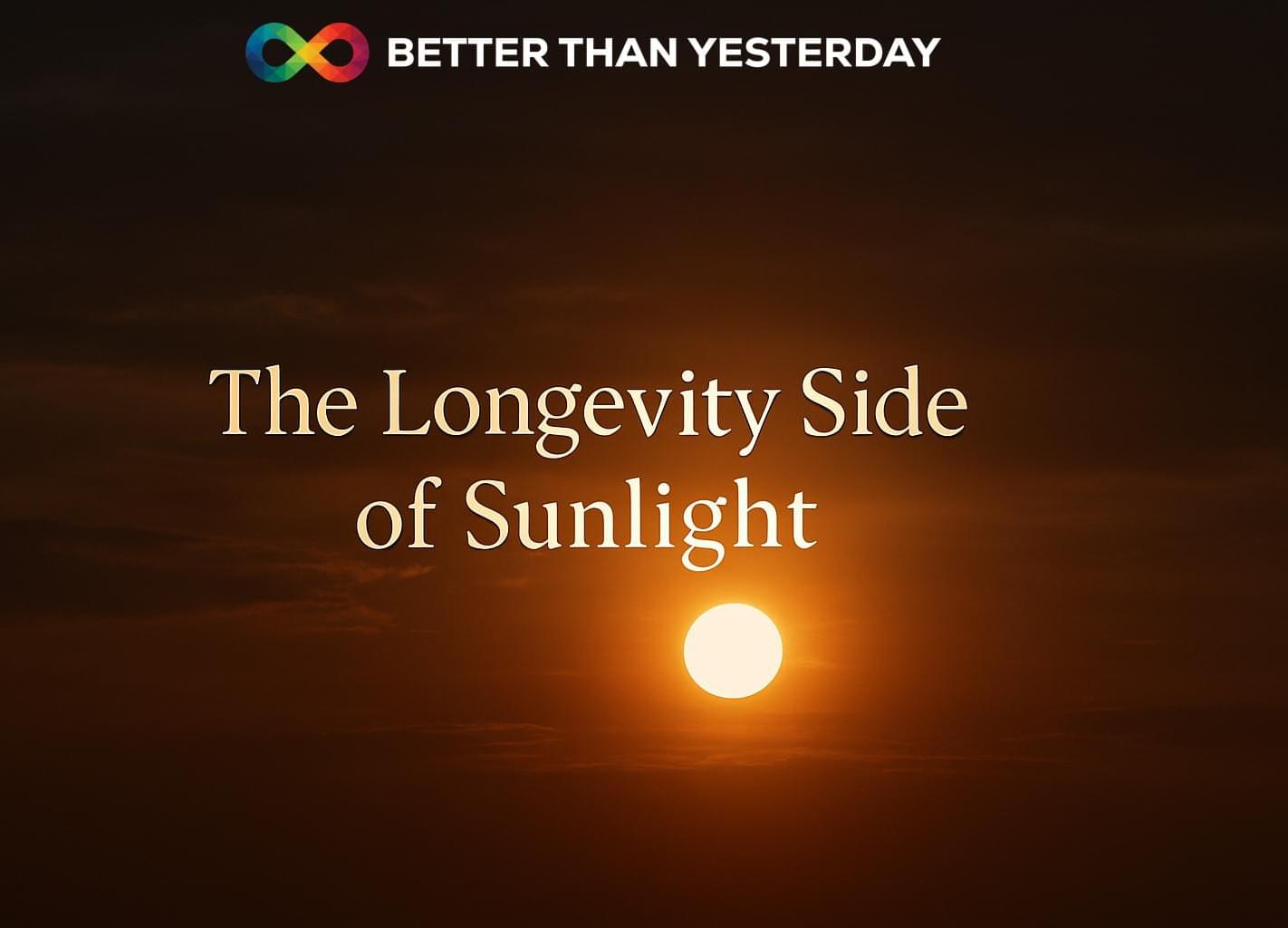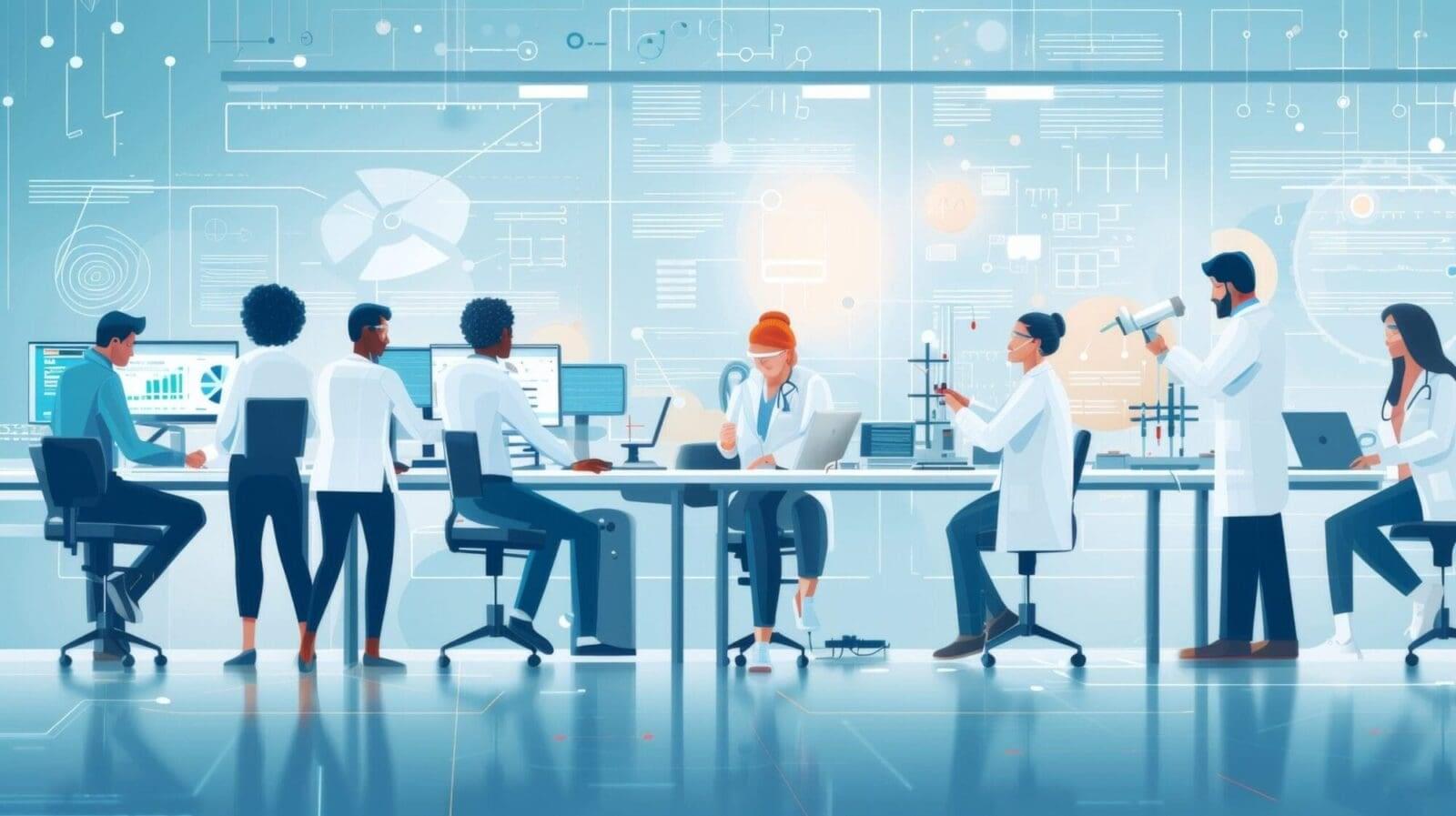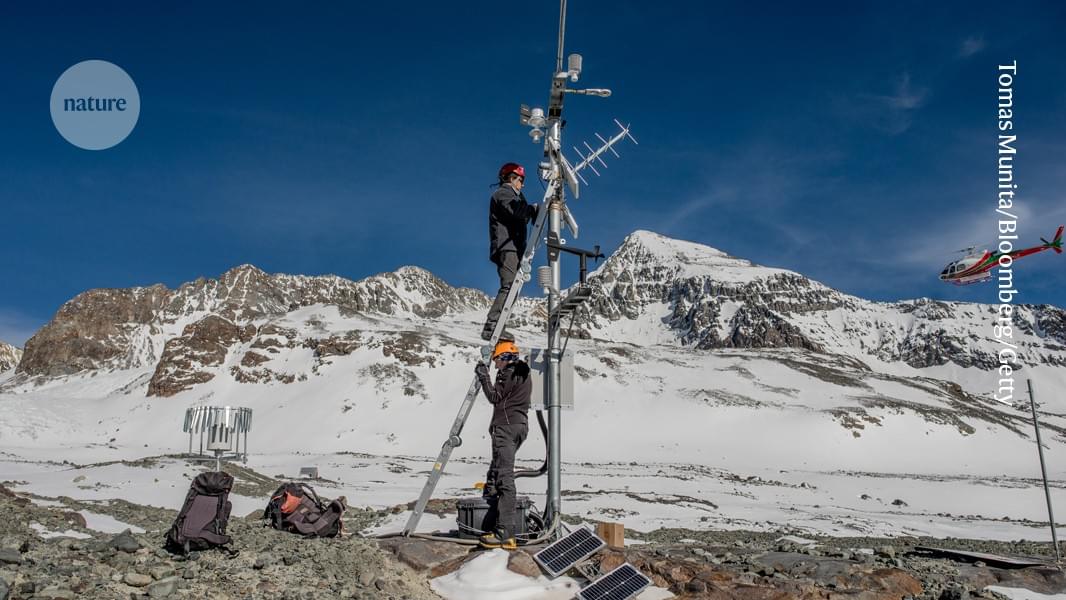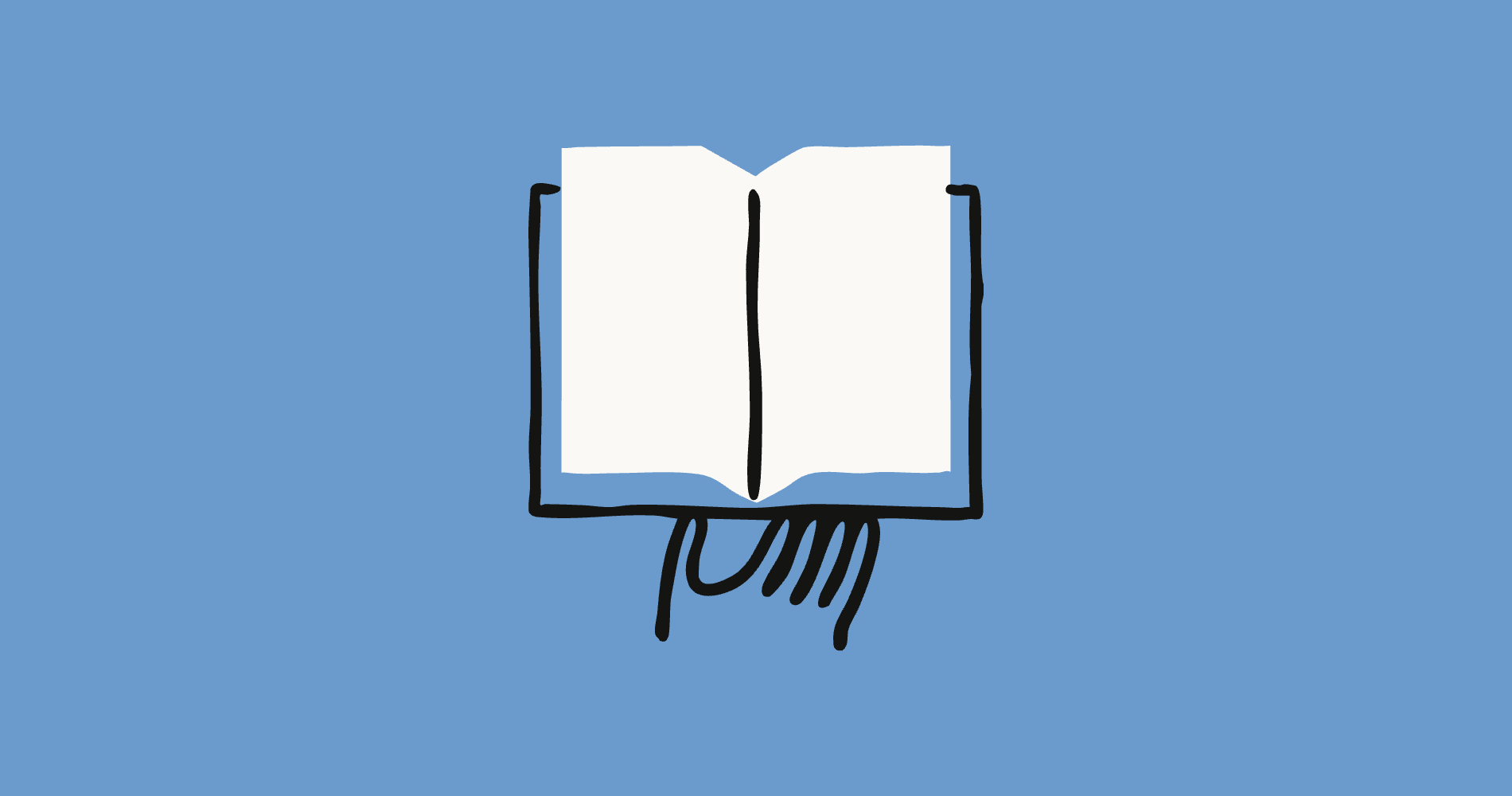The molecule biohackers love — but does the science still support it?



For centuries, scientists have grappled with the most fundamental question of them all — what is reality?Is it a matter of common sense? Or can God or some h…


Almost half of the scientists who responded to a survey have experienced territorial and undermining behaviours from other scientists — most commonly during their PhD studies1. Of those affected, nearly half said that the perpetrator was a high-profile researcher, and one-third said it was their own supervisor.
Most of the survey respondents were ecologists, but the study’s organizers suspect that surveys focusing on other disciplines would yield similar results.
The gatekeeping behaviours that the study documents “damage careers, particularly of early-career and marginalized researchers”, says lead author Jose Valdez, an ecologist at the German Centre for Integrative Biodiversity Research in Leipzig. “Most alarming was that nearly one in five of those affected left academia or science entirely.”


Light is all around us, essential for one of our primary senses (sight) as well as life on Earth itself. It underpins many technologies that affect our daily lives, including energy harvesting with solar cells, light-emitting-diode (LED) displays and telecommunications through fiber optic networks.
The smartphone is a great example of the power of light. Inside the box, its electronic functionality works because of quantum mechanics. The front screen is an entirely photonic device: liquid crystals controlling light. The back too: white light-emitting diodes for a flash, and lenses to capture images.
We use the word photonics, and sometimes optics, to capture the harnessing of light for new applications and technologies. Their importance in modern life is celebrated every year on 16 May with the International Day of Light.

Lately, there have been many headlines about scientific fraud and journal article retractions. If this trend continues, it represents a serious threat to public trust in science.
One way to tackle this problem—and ensure public trust in science remains high—may be to slow it down. We sometimes refer to this philosophy as “slow science.” Akin to the slow food movement, slow science prioritizes quality over speed and seeks to buck incentive structures that promote mass production.
Slow science may not represent an obvious way to improve science because we often equate science with progress, and slowing down progress does not sound very appealing. However, progress is not just about speed, but about basing important societal decisions on strong scientific foundations. And this takes time.
#theoryofeverything #consciousness #philosophy Hey Every0ne, happy new year! Tonight we will discuss a talk on Theories of Everything @TheoriesofE…

Today, we’re launching Anthropic’s AI for Science program – a new initiative designed to accelerate scientific research and discovery through access to our API. This program will provide free API credits to support researchers working on high-impact scientific projects, with a particular focus on biology and life sciences applications.
Why AI for Science? At Anthropic, we believe that AI has the potential to significantly accelerate scientific progress. Advanced AI reasoning and language capabilities can help researchers analyze complex scientific data, generate hypotheses, design experiments, and communicate findings more effectively. By reducing the time and resources needed for scientific discovery, we can help address some of humanity’s most pressing challenges.
Anthropic is an AI safety and research company that’s working to build reliable, interpretable, and steerable AI systems.